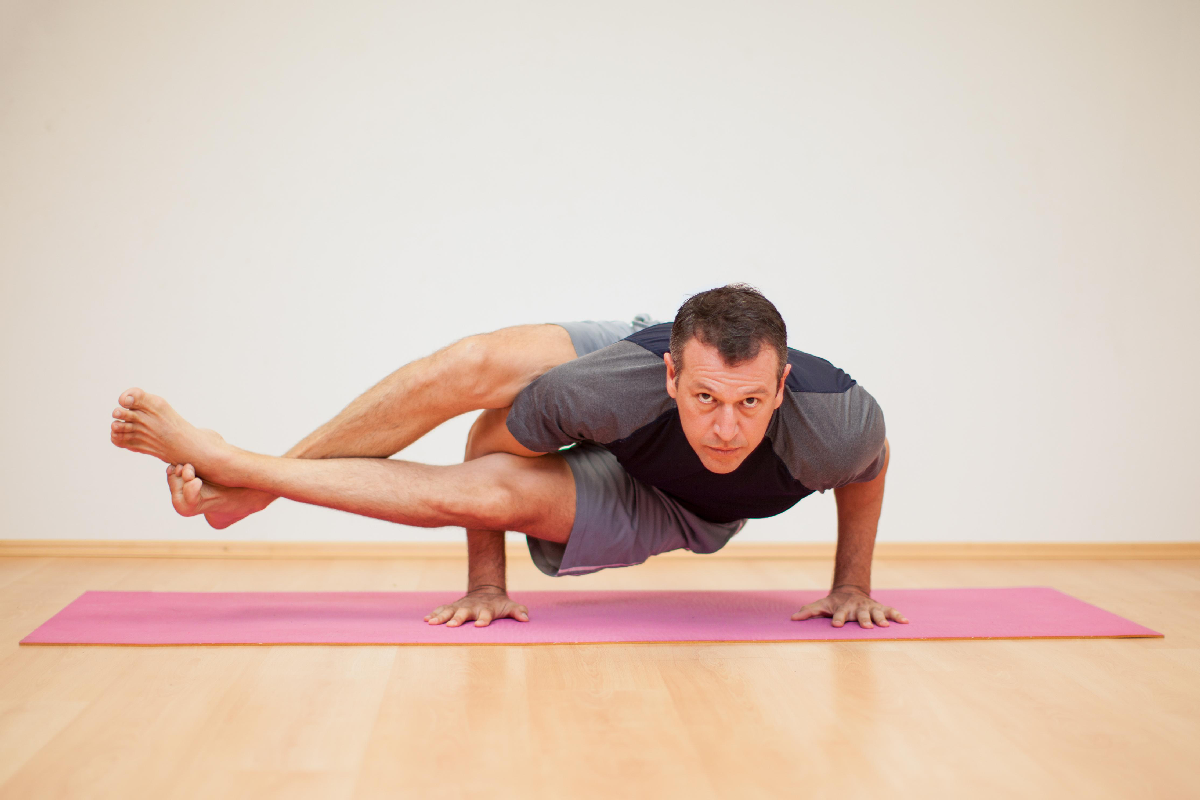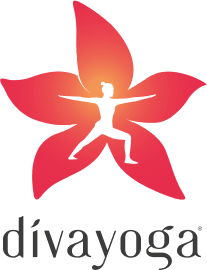Yoga for Flexibility

There is a direct connection between Yoga and flexibility. Asanas require you to stretch your muscles and joints from new angles and twists. Stretching causes your tissues to stay well lubricated, allowing increased flexibility and slowing down age-related stiffness. A majority of Yoga asanas require the practitioner to stretch to attain difficult poses. Yoga works as an all-around facilitator for a flexible mind and body.
Tight muscles, after exercise or any physical activity, are likely to trap and hold toxins and deposits of lactic acid. Stretching is the easiest way to release toxins and waste. Yoga asanas focus on the muscles and joints in the body which are not regularly exercised. The active stimulation of this brings about a vast change in the physical body.
Learn all about Buliding your Ability for Flexibility
Anatomist David Coulter, the author of Anatomy of Hatha Yoga, describes yoga asanas, as "A careful tending to your internal knitting." An apt description of how flexibility and stretching go hand in hand. Flexibility involves the internal workings of the ligament, tendons and muscle fascia, all three operating at different levels of flexibility. The interaction of these, determine the flexibility of our body parts.
Watch our Video on 30-Minute Yoga Flow For Flexibility
So why not just stretch? Why Yoga?
The research concludes that the most resistance to stretching does not lie in the body, but lies in the mind and your nervous system. There exists in our nervous system, something called ‘The Stretch Reflex’. This works like a reflex mechanism, causing an immediate contraction, counter-productive to the aim, of gaining a deeper stretch with greater flexibility.
Mindful attention to the workings of these muscles and, focused breathing, allow stretching to become more eased. Deep, Yogic breathing could benefit stretching to the point that, the contraction and relaxation of the breath contribute directly to the stretch itself, aiding deeper experiences in any given asana.
At the end of the day, flexibility lies in the conditioning of neural pathways, a slow reconditioning or a neural rewiring is what will allow the muscle to reach maximum extents of its flexibility. Yoga is an excellent tool to allow the nervous system to form new, healthier, mind-expanding and more efficient connections, in the process making you flexible for asana and slowly transforming you anew.
Watch our Video on Chakrasana | Yoga for Flexibility and Strength
